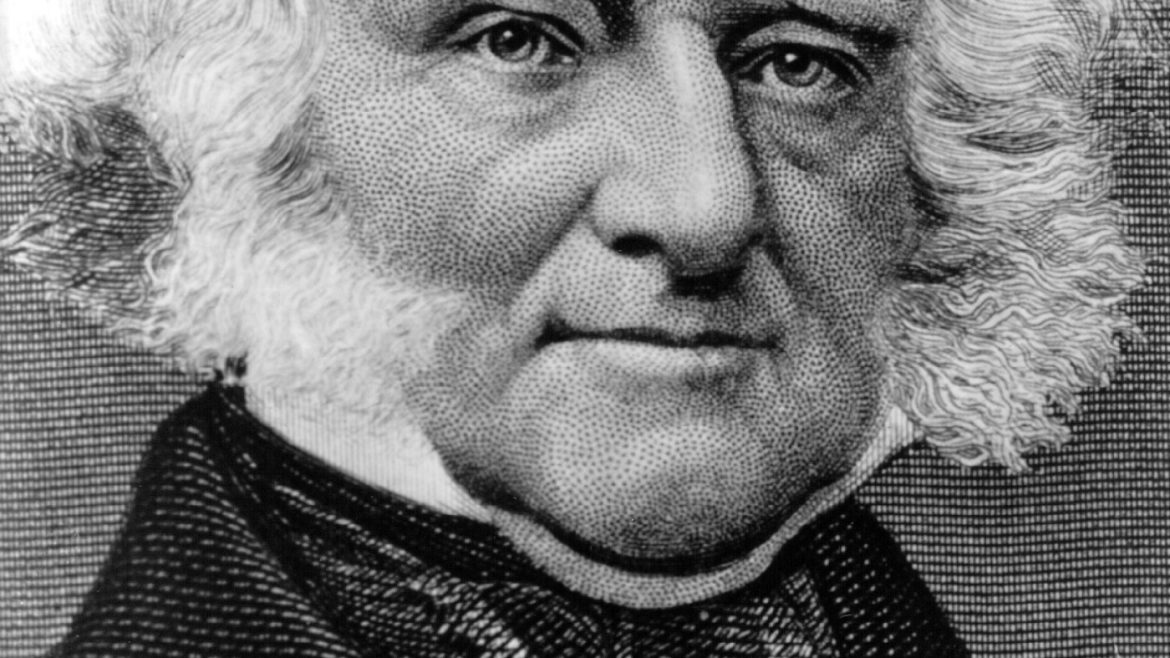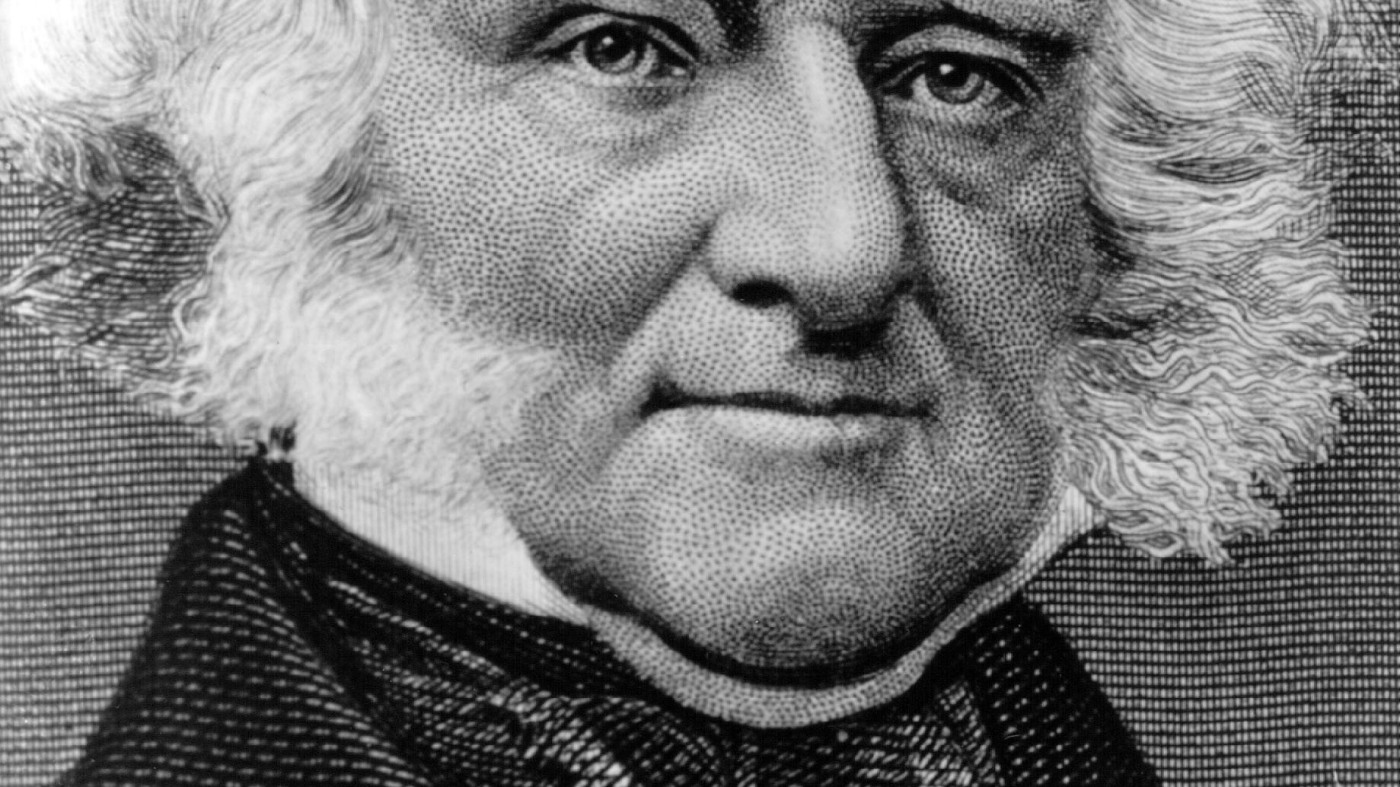The Enduring Legacy of “OK”: How a Simple Word Became a Global Phenomenon
The Birth of a Linguistic Marvel
The English language is a dynamic entity, constantly evolving through the infusion of slang, colloquialisms, and borrowed terms. Some words burst onto the scene with a flash, only to fade into obscurity, while others quietly permeate our vocabulary, becoming so ubiquitous that we scarcely consider their origins. “OK” is a prime example of the latter. This unassuming two-letter word, meaning “yes,” “agreement,” or “satisfactory,” has transcended linguistic boundaries to become one of the most universally recognized terms on the planet. But where did it come from? And why has it proven so incredibly resilient? The story, as it turns out, is surprisingly complex and deeply intertwined with American history, politics, and even a touch of humor.
From Boston’s Back Rooms to the National Stage
The generally accepted origin story of “OK” traces back to 19th-century America, specifically to the bustling intellectual circles of Boston in the late 1830s. It was a period of linguistic experimentation, where playful abbreviations and deliberate misspellings were all the rage. “KC” for “Knuff Ced,” “KY” for “Know Yuse,” and “OW” for “Oll Wright” were some examples of this fad. Amidst this trend, “OK” emerged as an abbreviation of “Oll Korrect,” a deliberately humorous misspelling of “all correct.”
This wasn’t just random wordplay; it was a form of intellectual signaling, a way for educated individuals to showcase their wit and familiarity with the latest trends. The term initially circulated within these closed circles, appearing in newspapers and other printed materials as a lighthearted inside joke. However, its spread beyond Boston was largely accidental, propelled by the political ambitions of one man: Martin Van Buren.
The “Old Kinderhook” Connection: Politics and the Popularization of “OK”
Martin Van Buren, the eighth President of the United States, was a shrewd politician known for his pragmatic approach and his ability to navigate the complex political landscape of the era. In 1840, Van Buren sought reelection, and his supporters, eager to rally support, seized upon “OK” as a catchy slogan.
Van Buren hailed from Kinderhook, New York, and was affectionately known as “Old Kinderhook.” His supporters formed “OK Clubs” to promote his candidacy, and the abbreviation “OK” became synonymous with his campaign. Newspapers, banners, and campaign paraphernalia were plastered with the now-iconic letters.
While Van Buren ultimately lost the election to William Henry Harrison, the “OK” campaign had a lasting impact. The widespread exposure solidified the term in the national consciousness, transforming it from a regional slang term to a widely understood expression. The political association, although ultimately unsuccessful in securing Van Buren’s reelection, served as a powerful catalyst for the word’s dissemination.
Beyond Politics: The Telegraph and the Triumph of Simplicity
The rise of the telegraph in the mid-19th century further cemented “OK’s” place in the lexicon. Telegraph operators needed concise and unambiguous ways to acknowledge messages, and “OK” proved to be an ideal solution. Its brevity and clarity made it perfectly suited for the medium, allowing for quick and efficient communication.
The telegraphic usage of “OK” contributed to its standardization and further broadened its reach. As the telegraph network expanded, so too did the use of “OK,” solidifying its position as a standard term in both written and spoken language. Its simplicity and lack of ambiguity made it an invaluable tool for communication in an increasingly interconnected world.
The Global Embrace: Why “OK” Resonates Across Cultures
The enduring success of “OK” can be attributed to a number of factors beyond its historical origins. Its simplicity is perhaps its greatest asset. The word is easy to pronounce and remember, regardless of one’s native language. This inherent accessibility has facilitated its adoption across cultures, making it a truly global phenomenon.
Furthermore, “OK” is remarkably versatile. It can express agreement, acknowledgement, acceptance, or even indifference, depending on the context and tone of voice. This adaptability allows it to seamlessly integrate into various communication styles and situations. Whether it’s a casual conversation with a friend or a formal business transaction, “OK” can effectively convey the intended message.
The Enduring Power of a Two-Letter Word
The story of “OK” is a testament to the unpredictable nature of language and the power of simple ideas. From its humble beginnings as a humorous abbreviation in 19th-century Boston to its current status as a global linguistic icon, “OK” has defied expectations and transcended cultural boundaries. Its journey highlights the complex interplay of history, politics, technology, and social trends in shaping the evolution of language. The next time you utter or type “OK,” take a moment to appreciate the rich and fascinating history behind this seemingly insignificant word – a word that has truly conquered the world.


